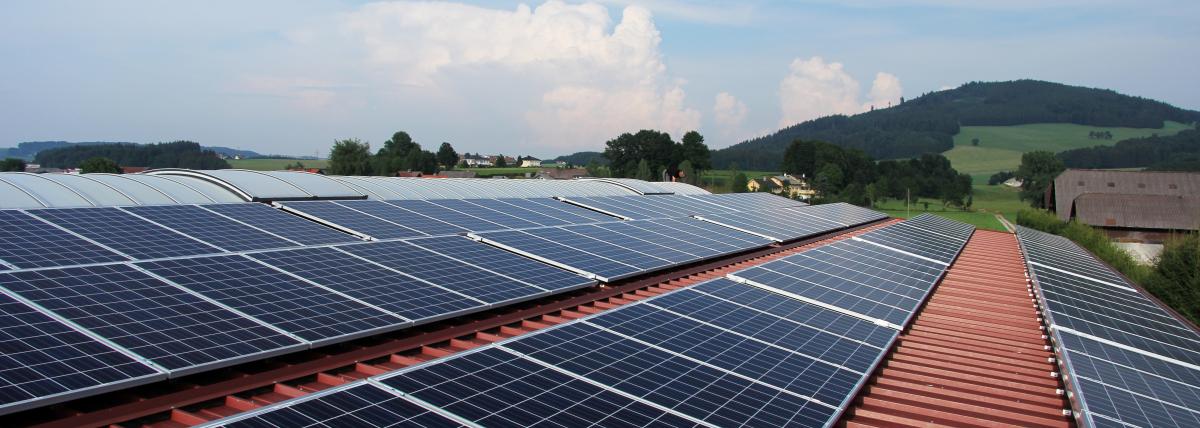
THE ECOLOGICAL IMPACT OF OUR HOUSES
We know our homes on the fingertips. The comfort they provide us, the charges and costs, their strengths and their faults ..., but do we have an idea of their ecological impacts?
You have probably already asked yourself the question ...
For the Brussels region, heating of residential and tertiary buildings (shops, offices, health, public, etc.) alone accounts for 62% of direct greenhouse gas (GHG) emissions. This is more than double the GHG emissions generated by transportation (27%).
The Region is acting by imposing new and stricter standards on the transport sector as well as certain restrictions, such as the recent ban on driving with diesel vehicles dating from before 1997.
The real estate sector is reviewing its construction and renovation methods to reduce GHG emissions. The Energy Performance of Buildings (PEB) certification has also been introduced and invites us to be more sensitive to the ecological footprint of our homes while advising us on the steps to follow to reduce our energy consumption.
Whether it is to live in healthy housing, reduce your bill or reduce greenhouse gases, we are moving towards more ecological techniques. Here are a few examples;
Rainwater recovery
A rainwater harvesting system helps conserve resources and provides substantial savings.
Photovoltaic solar panels
Photovoltaic solar energy is a so-called renewable energy because its source is considered to be inexhaustible. You will be able to partially or, in some cases, entirely meet your own electricity needs.
Thermal solar panels
With results just as effective as photovoltaic solar panels, thermal solar panels preheat your water. It is possible to acquire a system from ± 4000 euros. With a theoretical return on investment of less than 10 years, it is an excellent ecological choice.
Double flux ventilation
In the absence of good ventilation, the rooms in your home remain humid, bad odors and dust persist, mites multiply and molds appear.
Living in a dwelling with good ventilation is living in a healthy indoor environment.
With a double flow ventilation system (VMC), you will also be able to save money thanks to its heat recovery system.
By equipping your home with these techniques or by renovating it (wall insulation, chassis, roofing, etc.), you will considerably reduce its energy consumption. By opting for a new property, you could even consume up to 6 times less than for a property built in the 1970s.
Is 21% VAT too high to buy a new property? Think again ! On most new goods, 21% VAT is only due on 2/3 of the total value and the registration fees of 12.5% apply on the remaining 1/3, which is equivalent to a difference on acquisition costs of only 5%.
Lecobel Vaneau
Place Brugmann 11, Ixelles 1050
Tel : +32 2 340 72 70
@ : lecobel@lecobel.be
Powered by Google translation